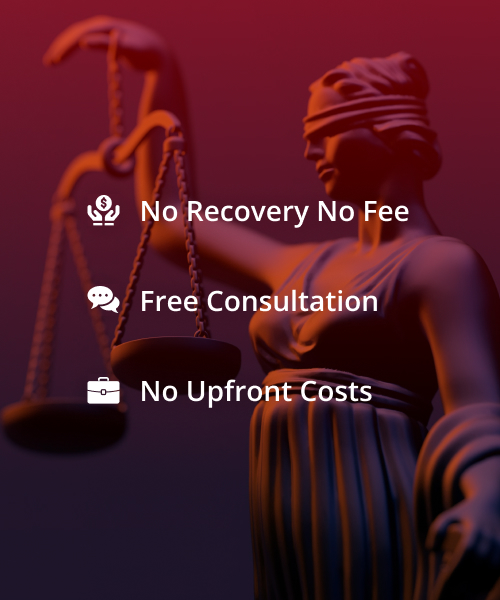- Free Case Evaluation: (305) 577-3777 Tap Here to Call Us
Don’t Sign Anything an Insurance Company Gives You

Chances are excellent the insurance adjuster for your case knows insurance and negligence law a lot better than you do. If you’re given a document to sign, there can be a huge imbalance in the knowledge between the parties. The insurance company will take advantage of that if they can. You might not understand the document’s meaning, how it may affect your case, and your ability to obtain compensation.
As we always advise our clients, do not sign anything until we talk and review all documentation.
1. The Complex Language Trap
Insurance documents are notorious for their complex and convoluted language. These intricately worded contracts can be difficult to decipher for someone without a legal background. Unfortunately, signing without understanding can result in agreeing to terms you don’t understand. When you’re sent forms to fill out, politely tell them you’ll have your attorney look at them. If we review the document, we can explain what it means how it will affect you, and answer any questions you have. Then we can help you decide what to do.
2. Preserve Your Right to Full Compensation
A document provided by an insurance company may include language stating you’re ending your claim or accepting their offer to settle it. You shouldn’t do that without speaking to us so we can evaluate your claim, discuss its strengths and weaknesses, and determine what we think its settlement value may be. If you settle early, you risk learning later that your injuries have a much longer impact on your health. Once you sign a release, you can’t unsign it.
3. Protect Your Medical Privacy
Part of the claims process is allowing the insurance company to review medical records that are relevant to your claim. They don’t have a right to learn everything and anything about your health. Signing a medical release without limits makes your entire physical and mental health history available. The insurance company may find an old, unrelated medical issue and claim that’s the reason for your condition.
4. Avoid Written Statements
The insurance adjuster may request a written statement describing the accident and your health condition. Anything you write can be used against you. Do not create a report of any kind without at least getting legal advice. If you retain our law firm, we will tell the insurance company what happened and about your injury. We will do so truthfully and in a way that will maximize your chances for a fair settlement and protect your legal rights.
5. You’re Under No Obligation to Sign or Fill Out Anything
The only deadline you face is the statute of limitations for negligence claims. In Florida, you have two years from your injury to file a lawsuit against the party who injured you. If that date is not coming close, you can ignore any pressure tactics to get you to sign or fill out insurance forms.
Injured in an Accident? Jeff Davis Can Help
Jeffrey R. Davis, P.A., is a Miami personal injury law firm representing victims seeking the compensation they deserve, including those injured in vehicle accidents, due to medical malpractice, and because of a slip and fall.









